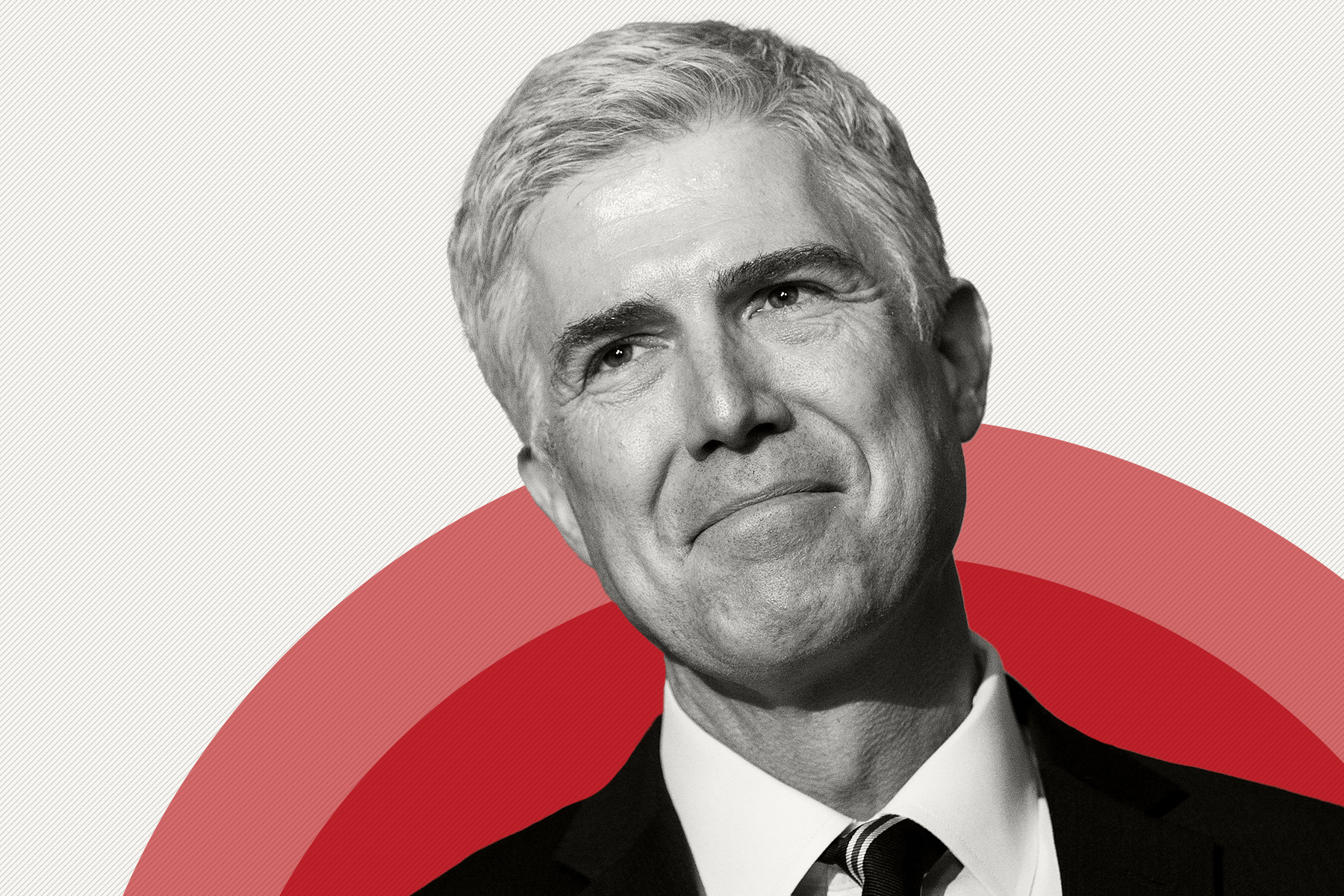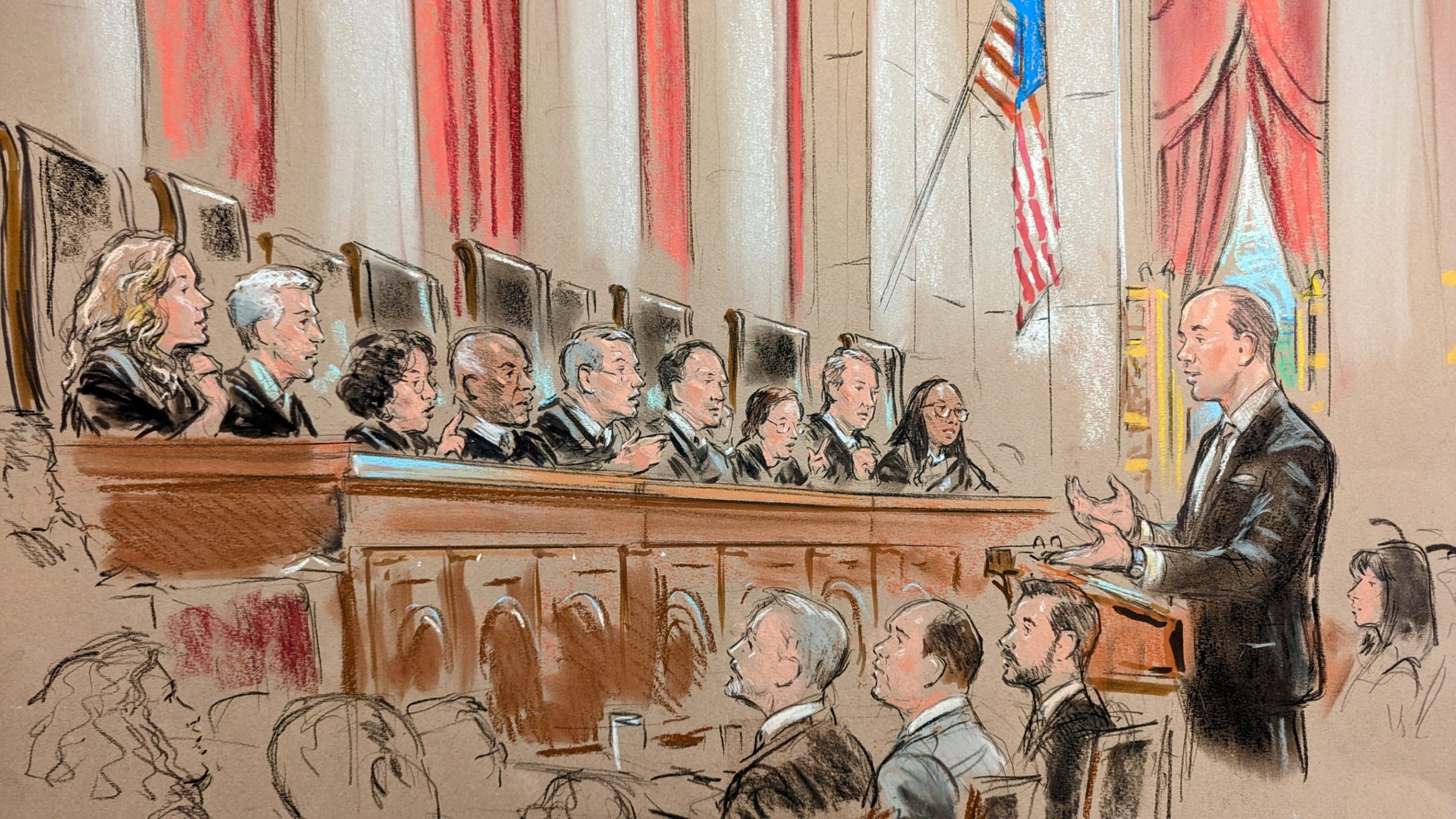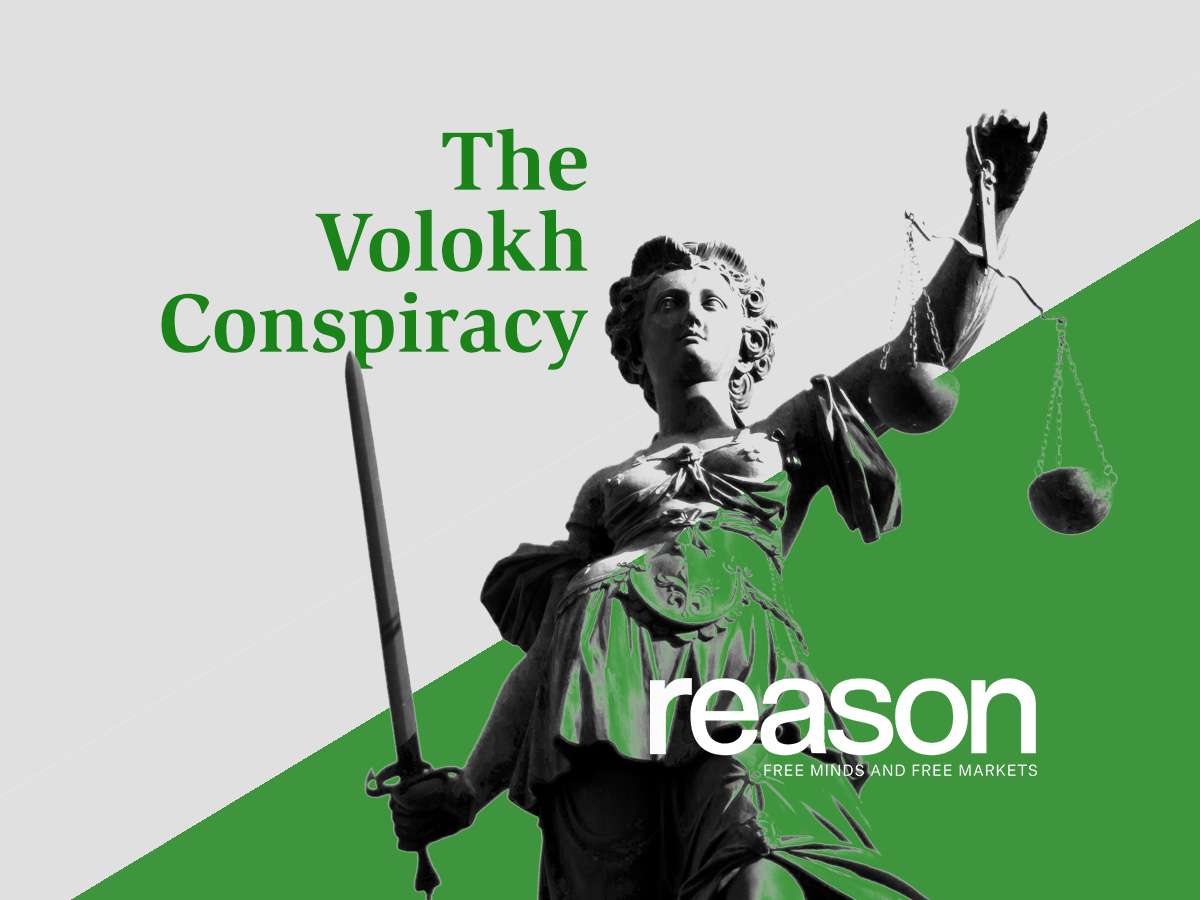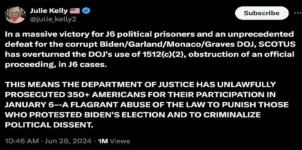- Messages
- 27,084
- Reaction score
- 4,844
- Points
- 288
Hope this hasn't already been posted.
A legal fight over an obscure commercial fishing rule appears to be on the verge of fulfilling a decades long goal of legal conservatives: the demolition of a legal doctrine used to sustain a vast array of federal government policies ranging from gun safety to immigration to pollution controls.
The nation’s highest court will spend Wednesday mulling how much deference judges must give to federal agency regulations and other executive branch decisions. After more than a decade of pushing from conservatives, the court appears to be headed toward making it much easier for judges to strike down policies crafted by federal bureaucrats when the congressional authorization for those policies isn’t crystal clear.
A broad ruling against agency power would be a potent victory for business interests and other foes of regulation. And it would be sure to hinder the policymaking power of Joe Biden and his successors, because presidents — especially Democrats — have increasingly tried to use ambitious agency regulations to achieve their goals in the face of a calcified Congress.
More:
Supreme Court takes on executive branch in broad fight over policymaking power
The Supreme Court has been chiseling away at the administrative state for years. Now it may be poised to take a giant chunk of power away from federal regulators.A legal fight over an obscure commercial fishing rule appears to be on the verge of fulfilling a decades long goal of legal conservatives: the demolition of a legal doctrine used to sustain a vast array of federal government policies ranging from gun safety to immigration to pollution controls.
The nation’s highest court will spend Wednesday mulling how much deference judges must give to federal agency regulations and other executive branch decisions. After more than a decade of pushing from conservatives, the court appears to be headed toward making it much easier for judges to strike down policies crafted by federal bureaucrats when the congressional authorization for those policies isn’t crystal clear.
A broad ruling against agency power would be a potent victory for business interests and other foes of regulation. And it would be sure to hinder the policymaking power of Joe Biden and his successors, because presidents — especially Democrats — have increasingly tried to use ambitious agency regulations to achieve their goals in the face of a calcified Congress.
More:








